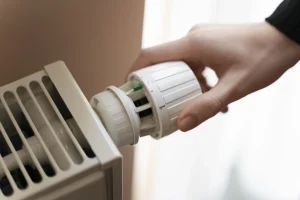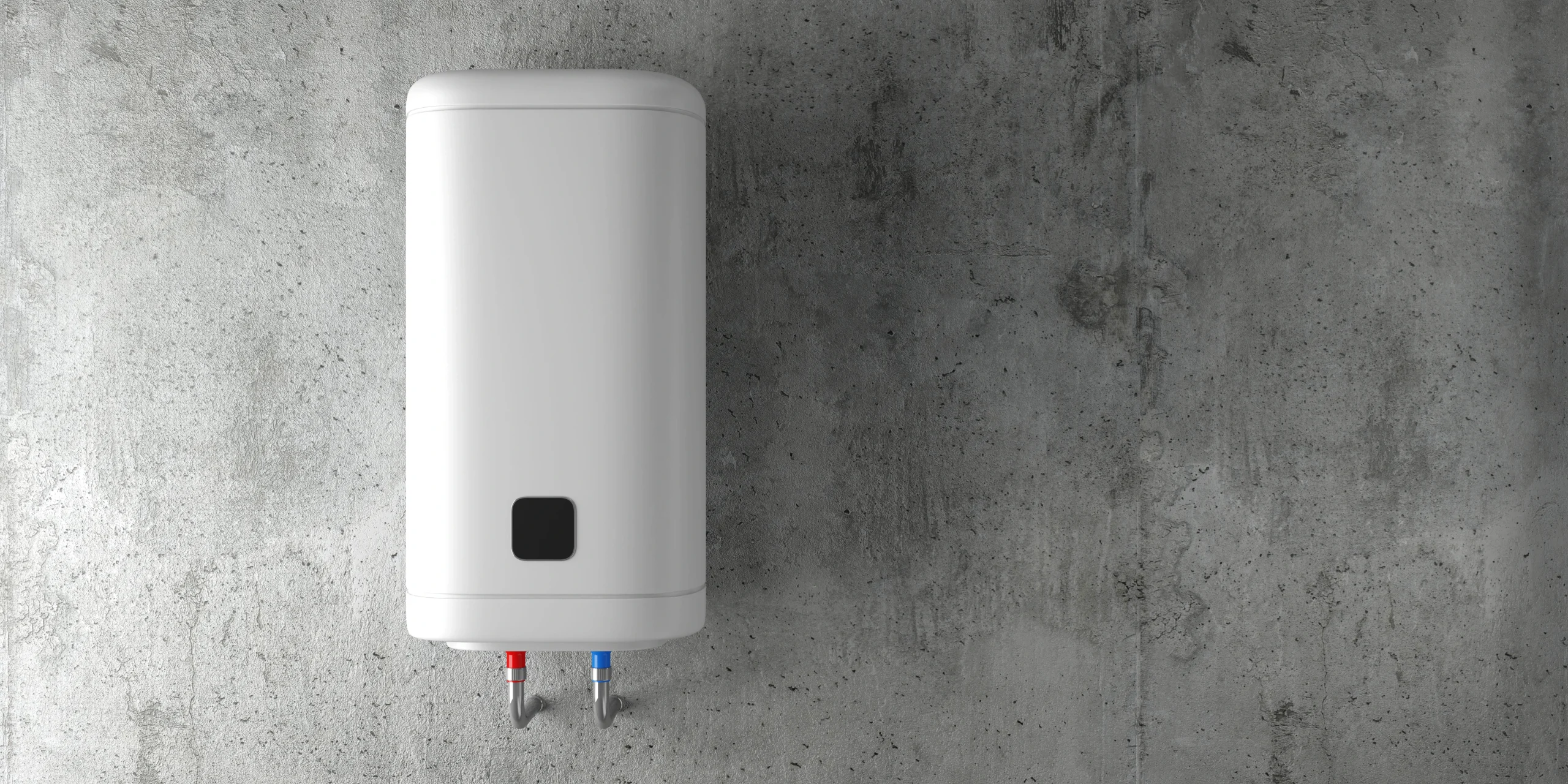When you’re living in Canberra, reliable hot water isn’t just a luxury; it’s a necessity. From icy winter mornings to busy evenings, your home’s hot water systems work hard to keep life running smoothly. Yet, many homeowners only notice their system when it fails, leaving them scrambling for quick repairs or costly replacements.
Canberra’s unique climate means choosing the right hot water solution is crucial. With options like electric, gas, solar, and heat pump systems, each comes with its own benefits, challenges, and energy efficiency levels. Regular maintenance and timely upgrades can prevent unexpected breakdowns and keep your household energy bills under control.
In this guide, we’ll explore everything you need to know about hot water systems in Canberra, from recognizing when repairs are needed to understanding upgrades that suit your lifestyle and budget. Let’s dive into keeping your home warm and efficient year-round.
Types of Hot Water Systems
Electric Hot Water Systems
Electric hot water systems use a tank with an electric heating element, think of it as a giant indoor kettle. These systems are cheap to install but can be expensive to run. In practice, this means your electric heater continuously warms a tank of water, consuming a lot of power if used during peak rates. If you have solar panels, you can mitigate costs by running the heater on daylight power. Regular maintenance is also key: flushing the tank yearly removes sediment, and checking the anode rod prevents corrosion. Over time, keep an eye on performance; if hot water starts to fail or bills spike, a repair or upgrade may be needed.
Gas Hot Water Systems
Gas hot water units heat water with a burner either under a tank or on demand. They generally heat water faster and produce fewer direct emissions than old electric systems. However, the ACT Government now encourages moving away from gas. Modern high-efficiency gas systems are more efficient than older models, but they still rely on fossil fuel and may have slightly higher running costs than fully electric alternatives. Common repair issues include pilot light problems, faulty thermocouples, or burner blockages.
Solar Hot Water Systems
Canberra is blessed with plenty of sunshine, and solar hot water systems can make great use of it. In sunny regions, a good solar water heater can supply up to 90% of a household’s hot water. The ACT Government specifically recommends evacuated tube solar hot water systems for our climate. These roof-mounted glass tubes absorb heat even on overcast or cold winter days, heating water stored in a tank on the ground. Installing solar water heating can drastically lower electricity or gas use, shrinking your bills and footprint. As a rule, solar heaters cost more upfront but pay back over time. In Canberra, the government even offers rebates and low-interest loans for approved evacuated-tube solar hot water installations.
Heat Pump Hot Water Systems
Heat pump hot water systems work like a reverse air-conditioner: they pull warmth from the air and transfer it into water. These are extremely efficient. In practical terms, a heat pump can achieve a Coefficient of Performance (CoP) of 3 or 4, meaning 300–400% efficiency, about three times better than a normal electric heater. Heat pumps cost more upfront but are generally the cheapest-to-run option in Canberra. They work year-round, and since Canberra’s electricity is increasingly renewable, a heat pump can deliver hot water with almost zero carbon emissions.
Hot Water System Repairs and Maintenance
Even the best hot water system needs care. Regular servicing can extend its life and prevent major breakdowns. Here are common issues and tips:
- No Hot Water or Lukewarm Showers: This often points to a failed heating element or a malfunctioning thermostat. In a gas unit, it could be a problem with the pilot light or gas valve. If the water only gets warm, check the thermostat settings; if the problem persists, call a licensed plumber.
- Leaks: Water dripping from the tank or pipes can signal corrosion or a loose fitting. A leaking tank often means its internal lining or anode rod has worn out. Small leaks around valves or pipes might just need tightening or replacing a washer.
- Sediment Buildup: Over time, minerals settle at the bottom of storage tanks. This reduces efficiency and can cause noise. Flushing the tank once a year keeps the water heating efficient and avoids element burnout.
- Pressure Relief Valve Issues: The expansion/pressure relief valve keeps the tank safe. If it leaks or won’t reset, it should be replaced immediately to avoid dangerous pressure build-up.
- Strange Noises: Rumbling or popping sounds usually mean sediment is on the heater element or in the tank. Flushing the tank usually quiets it. For gas systems, noises could come from burner combustion issues needing cleaning.
- Aging Components: Check the sacrificial anode rod in storage tanks every few years; if it’s heavily corroded, replace it to prevent tank rust. Electric elements typically wear out over time; swapping a bad element is often cheaper than buying a new tank.
Upgrading and Saving Energy
If your water heater is old or inefficient, upgrading can pay back in comfort, savings, and environmental impact. Consider these points when planning upgrades:
- Assess Usage: How much hot water do you use? Do you have a family, multiple bathrooms, or laundry needs? Bigger homes might benefit most from solar or heat pumps, while small households might opt for energy-efficient continuous-flow systems.
- Energy Source: Electricity in the ACT is 100% renewable on average, so switching to an electric heat pump means virtually zero-carbon hot water. Solar systems further leverage Canberra’s sunshine. In contrast, any gas heater will burn fossil fuel.
- Cost vs. Savings: Solar and heat-pump systems cost more upfront but run very cheaply. For example, a high-quality heat pump might cost around $5,500 to install, but it’s up to 70% cheaper to run than a gas or standard electric unit. Many people find the extra installation cost paid for itself in 4–6 years of savings.
- Government Support: In Canberra, look for incentives. The ACT’s Sustainable Household Scheme offers low-interest loans for solar hot water and heat pumps. Concession card holders may qualify for rebates under the Home Energy Support Program. Don’t forget federal Small-scale Technology Certificates (STCs) for new solar hot water units, and check energy.gov.au for any new rebates.
- Installation: Get multiple quotes from licensed plumbers. Ensure any solar or heat pump system is sized and installed correctly, as orientation, insulation, and frost protection matter. A bad install can negate efficiency gains.
- Energy Use Habits: Upgrading is great, but you’ll save even more by cutting water use. Installing low-flow showerheads, fixing drips, taking shorter showers, and running full laundry loads can all reduce your water heating bill. Even turning your heater thermostat down a little helps.

Even small changes help. Turning down your heater thermostat or taking quicker showers cuts hot-water demand. Fitting efficient showerheads or taps ensures you use less water, which means your system works less hard. These habits complement any system upgrade by keeping bills low and saving water.
Reliable Hot Water Solutions for Every Canberra Home
Keeping your hot water system in top condition is essential for comfort, efficiency, and peace of mind, especially in Canberra’s chilly winters. From electric and gas units to solar and heat pump systems, each option has unique benefits and maintenance needs. Regular servicing and timely repairs not only extend the life of your system but also help reduce energy bills and avoid inconvenient breakdowns.
If your current system is showing signs of age or inefficiency, upgrading to a more energy-efficient model could be a smart investment. Canberra homeowners can take advantage of government rebates and support programs for switching to sustainable options like heat pumps and solar hot water systems. With the right choice and expert installation, you can enjoy reliable hot water while lowering your household’s carbon footprint.
At Capital Plumbing Specialists, we’re your go-to team for hot water system repairs, installations, blocked drains, burst pipes, and complete plumbing services. We also offer 24/7 emergency plumbing support, so you’re never left without help when you need it most. Contact us today to book your service and get your plumbing sorted quickly.
FAQs:
-
What’s the best hot water system for Canberra homes?
Solar and heat pump systems are ideal for Canberra’s climate. They’re energy-efficient, eco-friendly, and eligible for government rebates to reduce upfront costs.
-
Can Capital Plumbing Specialists repair all types of hot water systems?
Yes, we repair and install electric, gas, solar, and heat pump systems. Our Canberra-based plumbers provide expert solutions for both residential and commercial properties.
-
Do you offer 24/7 emergency hot water repairs?
Absolutely. Capital Plumbing Specialists offers 24/7 emergency plumbing services across Canberra, including urgent hot water system repairs and replacements.


 About Us
About Us